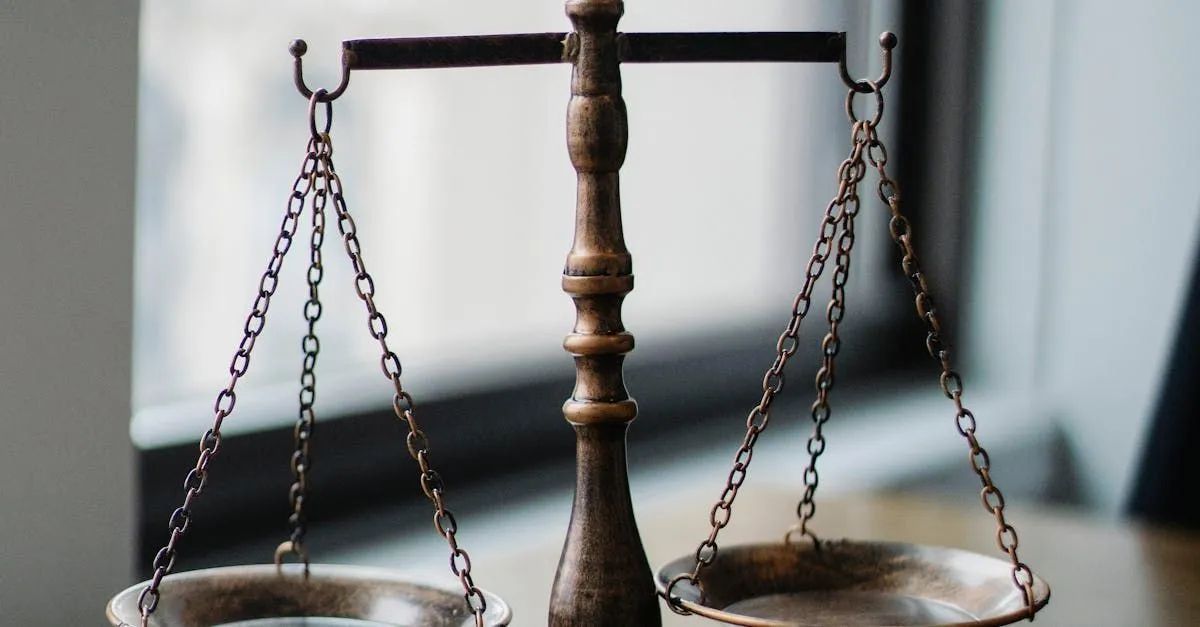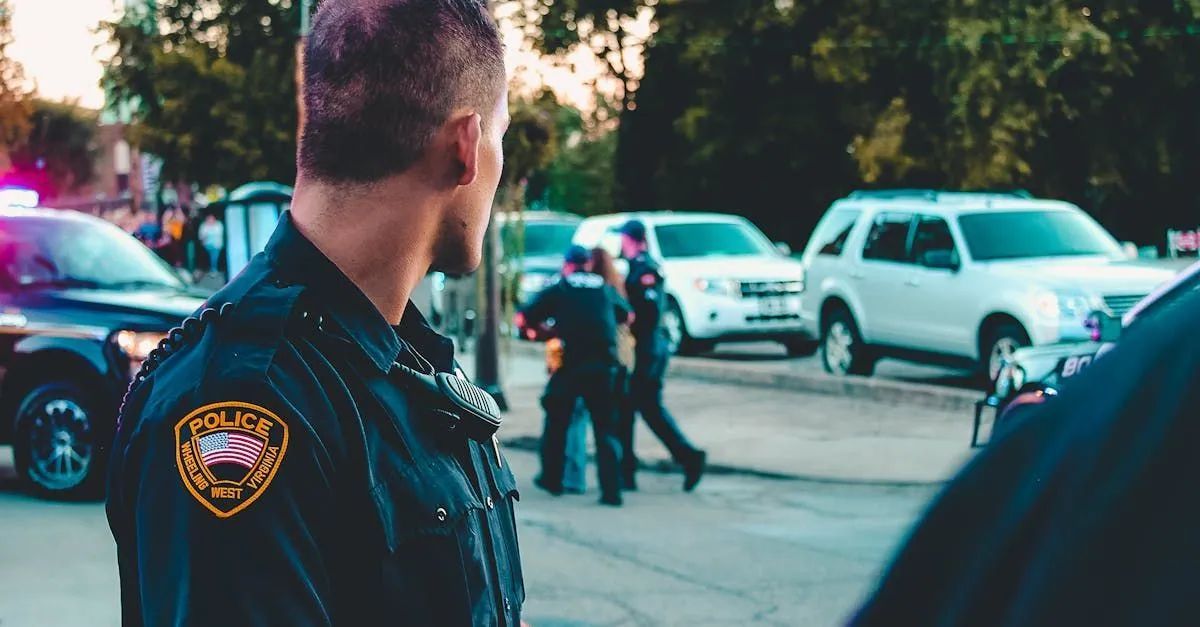Understanding Shoplifting Laws in Indiana: Misdemeanor or Felony?
Shoplifting is a common crime that occurs in many places, including shopping malls, retail stores, and grocery stores. It involves taking merchandise without paying for it, and it is often an impulsive act. However, shoplifting is a serious offense in Indiana, and it can lead to severe legal consequences. In this blog post, we will explore the Indiana state shoplifting laws, types of shoplifting, penalties for shoplifting, and how an attorney can help individuals facing theft charges.
What is considered shoplifting?
Shoplifting is a crime of theft, and it involves taking property without the owner's consent. In Indiana, shoplifting can occur in several ways, including theft, deception, or fraud. Examples of shoplifting include stealing merchandise, switching price tags, or hiding goods in a bag or a pocket. Even attempting to steal merchandise can be considered shoplifting, and it is punishable by law.
Is shoplifting a felony in Indiana?
The answer is that it depends. Shoplifting can range from a misdemeanor to a felony, depending on the value of the stolen goods and the offender's criminal history. If the stolen goods are worth less than $750, the offender may face charges of a Class A misdemeanor, which is punishable by up to one year in jail and a fine of $5,000. However, if the stolen goods are worth more than $750, the offender may face felony charges, which carry more severe penalties.
What are the penalties for shoplifting?
The penalties for shoplifting in Indiana vary depending on the severity of the offense. For a Class A misdemeanor, the offender may face up to one year in jail and a fine of up to $5,000. For a Level 6 felony, the offender may face up to two and a half years in jail and a fine of up to $10,000. For a Level 5 felony, the offender may be sentenced to up to six years in jail and a fine of up to $10,000.
What is a misdemeanor shoplifting?
A misdemeanor shoplifting is a lesser offense than a felony shoplifting. It involves stealing property worth less than $750, and it is punishable by up to one year in jail and a fine of up to $5,000. However, even a misdemeanor shoplifting charge can have serious consequences, such as a criminal record that can affect future job opportunities and professional licenses.
What is a felony shoplifting?
A felony shoplifting is a more severe offense than a misdemeanor shoplifting. It involves stealing property worth more than $750, and it is punishable by more severe penalties, such as imprisonment of up to six years and a fine of up to $10,000. A felony shoplifting charge can also lead to social stigma, difficulty finding employment, and other long-term consequences.
How can an attorney help me?
Shoplifting charges can be daunting, but an experienced attorney can help you navigate the legal system and defend your rights. An attorney can help you understand the charges against you, assess your options, and negotiate a plea agreement or represent you in court. If you are facing shoplifting charges, it is essential to seek legal advice as soon as possible.
At The Law Office of Ross G. Thomas, we can provide legal assistance to individuals facing charges for theft crimes in Indianapolis. Our experienced attorneys can help you understand your rights, defend your case, and minimize the legal consequences of your charges. We understand that being charged with a crime is stressful and overwhelming, and we are here to guide you through the legal process and help you achieve the best possible outcome.
Shoplifting is a serious offense in Indiana, and it can lead to severe legal consequences. Understanding the types of shoplifting, the penalties, and how an attorney can help can help you make informed decisions and defend your rights. If you are facing shoplifting charges in Indianapolis,
contact The Law Office of Ross G. Thomas
for experienced legal assistance and guidance. We are committed to protecting your rights and helping you achieve the best possible outcome.



